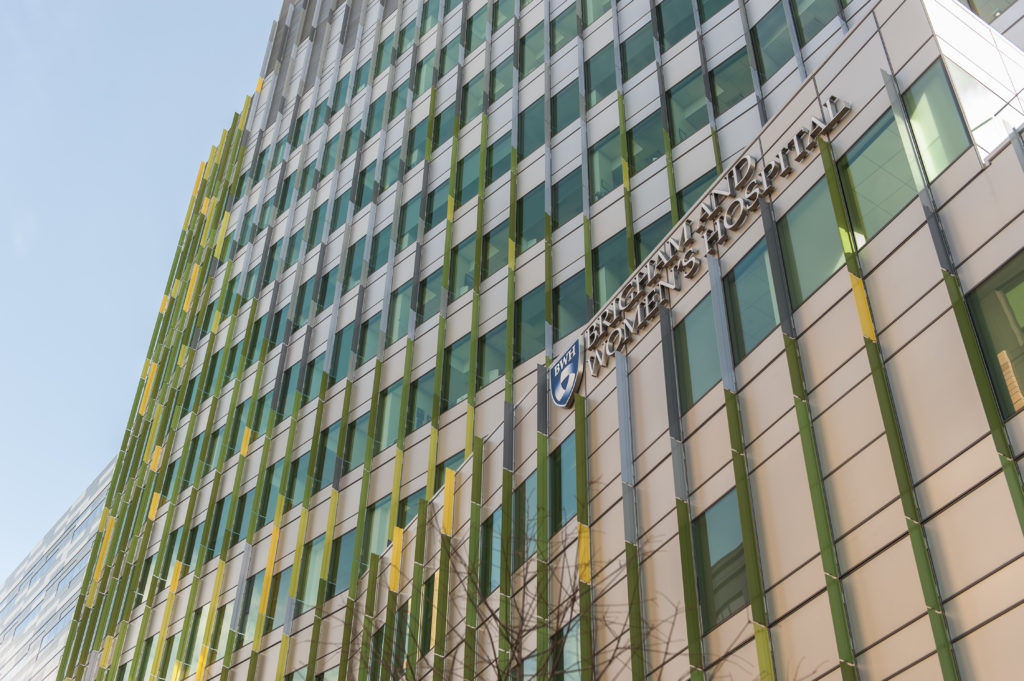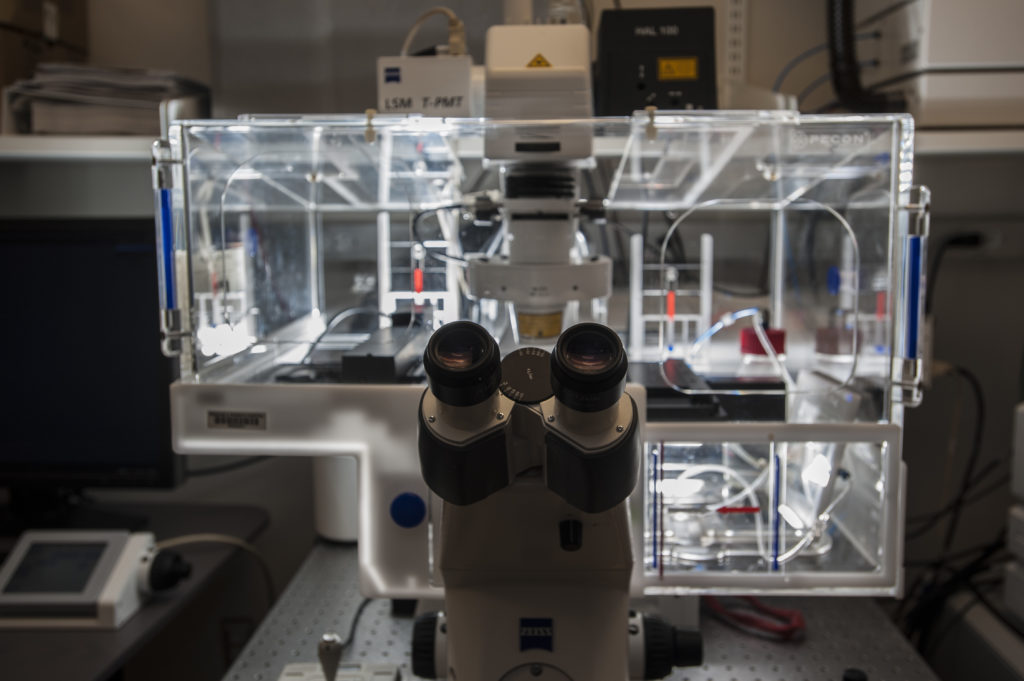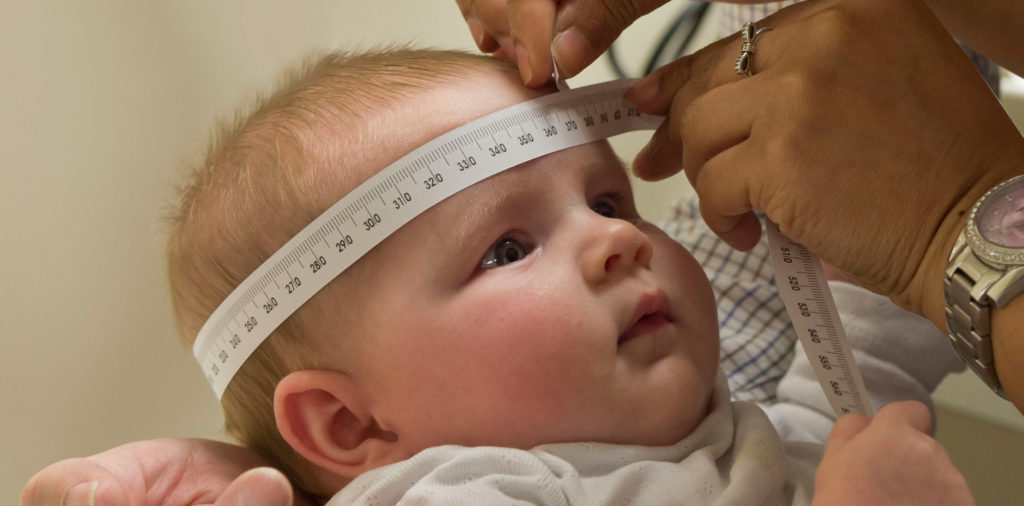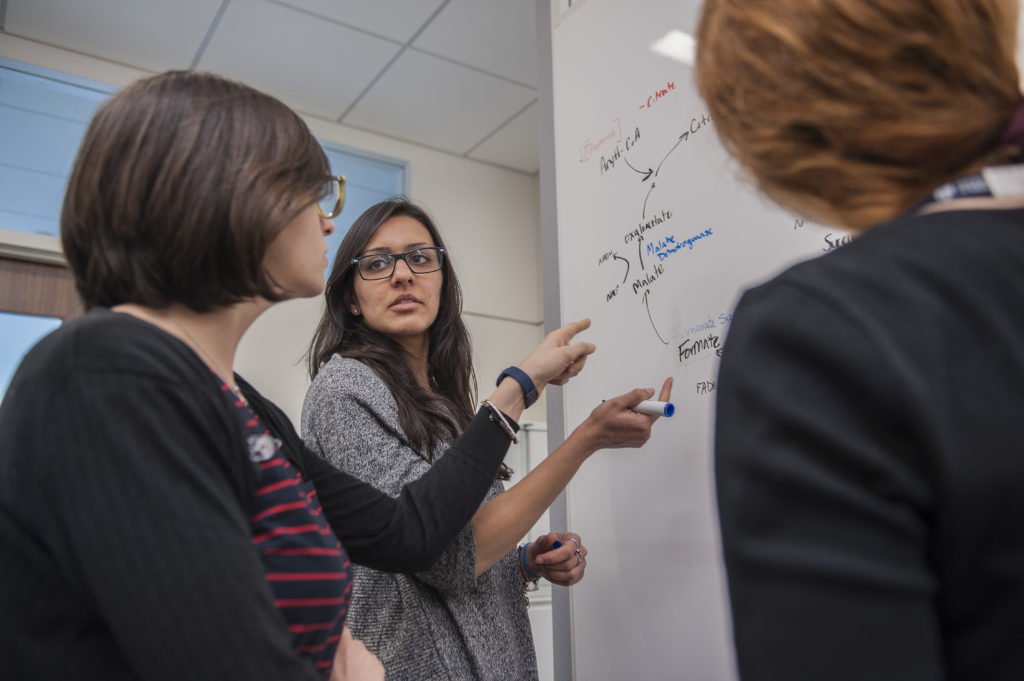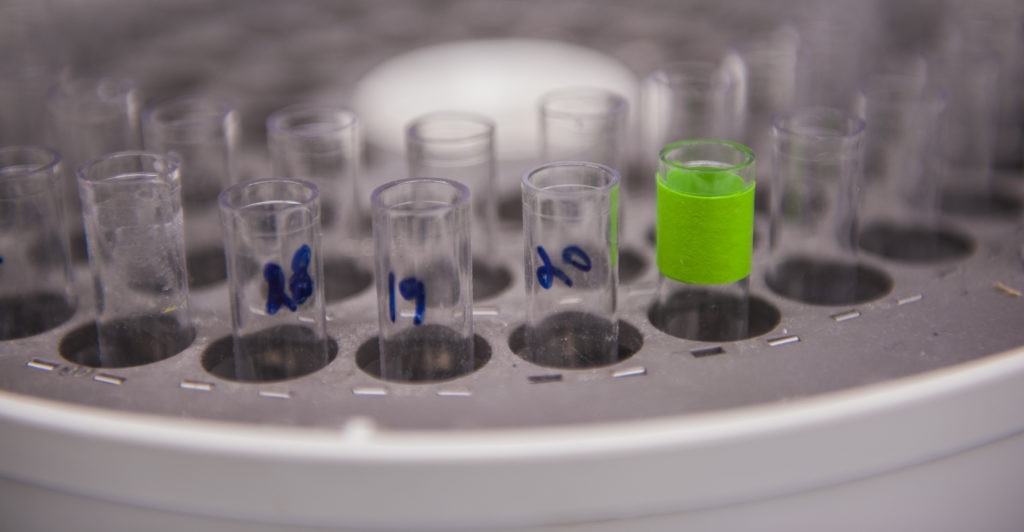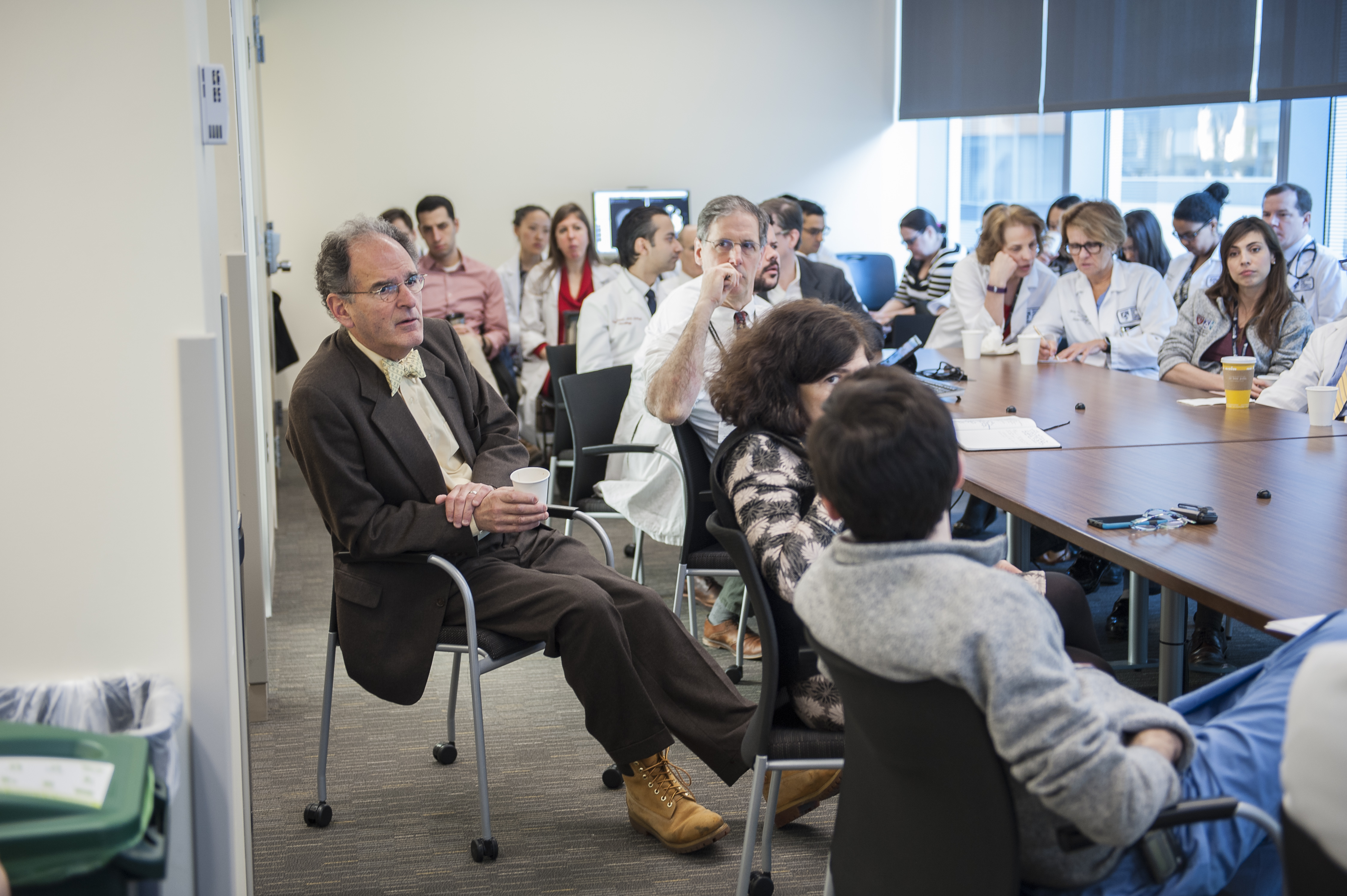We’re mobilizing experts from across BWH and its diverse specialty areas—all relevant to brain health. By joining forces, in a coordinated and collaborative fashion, this talented community of brain experts is particularly well equipped to take on the most complex neurological challenges of our time.
Programs
PIN Pilot Projects Grant Program

The Program for Interdisciplinary Neuroscience has issued a new Request for Proposals for pilot project grants. The submission deadline is Sunday Oct 2, 2022. Awardees will be announced later this year. We intend to make up to three awards of $60,000 each. In accordance with donor wishes, one award will be in the field of brain tumors. The other awards may be in any area of basic, translational or clinical neuroscience. This program is targeted to early-career investigators including postdoctoral fellows, clinical fellows, instructors and assistant professors within three years of appointment. Further details and application instructions can be found here
Women’s Brain Initiative

Many brain conditions disproportionately affect women — such as Alzheimer’s, MS, depression, eating disorders and headaches. Conversely, women are at reduced risk for certain disorders— for example autism and Parkinson’s disease. The Women’s Brain Initiative (WBI) seeks to address these important issues, and to understand why women are at different risks than men for certain conditions and how female-specific factors and transitions may alter brain health. The WBI has recently issued a new request for proposals for fellowship awards, with a submission deadline of Sunday July 21, 2024. Further details and application instructions can be found here.
NeuroTechnology Studio

The NeuroTechnology Studio is a novel platform of advanced instrumentation and technical expertise to help encourage and facilitate the critical work of hundreds of investigators each year studying the brain, mind and nervous system. Widely shared among neuroscientists and physicians across the neuroscience community, the NeuroTechnology Studio aims to expedite important research discoveries and, ultimately, better outcomes for patients struggling with conditions of the brain. The NeuroTechnology Studio already has a wide range of installed equipment that’s ready for use by investigators.
Traveling Neuroscience Fellows

The Traveling Neuroscience Fellowship program is designed for early career BWH postdoctoral fellows. The Program aims to provide Fellows with access to the best mentors, collaborators and resources to help them achieve as much as possible during their postdoctoral training. Its novel feature is the opportunity to identify collaborators at an approved neuroscience institution and participate in a 3-month Research Sabbatical. To date, the Program has issued two Requests for Proposals. Congratulations to the awardees!
Neuroscience PET Imaging Pilot Projects Program
 The Program for Interdisciplinary Neuroscience, BWH Department of Radiology and Harvard NeuroDiscovery Center joined forces to attract and fund the best novel ideas for PET-based pilot projects aimed at investigating disorders of the nervous system. Three grants, each totaling $30,000 (direct costs), were awarded July 2016.
The Program for Interdisciplinary Neuroscience, BWH Department of Radiology and Harvard NeuroDiscovery Center joined forces to attract and fund the best novel ideas for PET-based pilot projects aimed at investigating disorders of the nervous system. Three grants, each totaling $30,000 (direct costs), were awarded July 2016.
Applications were judged on the basis of scientific merit, novelty and value of the project in obtaining preliminary data that could lead to sponsored research (e.g., investigator—initiated RO1 research grants, career development awards, industry or foundation support). Clinical, translational and basic research were eligible for these awards.
Bench to Bedside to Bench – Ongoing Seminar Series

We’ve launched a unique educational opportunity, led by Dr. Martin Samuels, for BWH researchers who focus on conditions of the brain and mind. Each seminar is based on an interview and examination by Dr. Samuels of a BWH patient volunteer who is suffering from a neurological condition. The seminar enables investigators to observe how a physician approaches and diagnoses patient conditions—as well as to hear Dr. Samuels’ perspective about ways to help the patient. In many instances, these seminars are the first and only opportunities for researchers to observe patients who are dealing with devastating nervous system disorders—and to see first-hand the urgency and importance of their research efforts!
Neurosciences in the News

microRNA Found in Gut Microbiome May Unlock Therapeutic Approach for MS
December 3, 2019, Multiple Sclerosis News Today

Biogen’s news on aducanumab could ‘open the floodgates’ for Alzheimer’s drugs
October 23, 2019, STAT News
Upcoming Events
Last Updated on December 19, 2024 by PIN Admin
